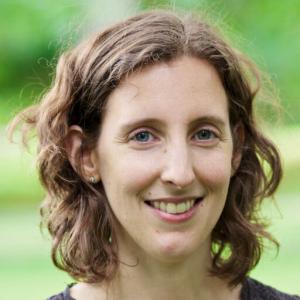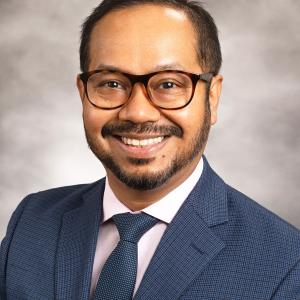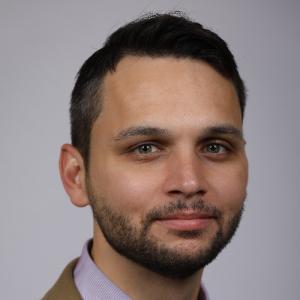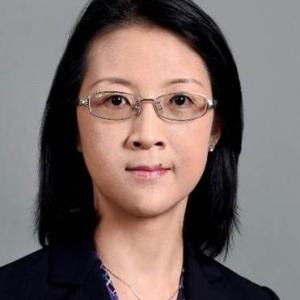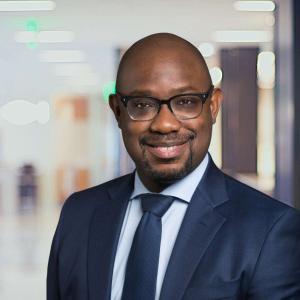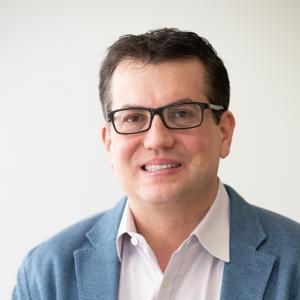Jing Li is a Virginia C. and Joseph C. Mello Chair and Professor in the H. Milton Stewart School of Industrial and Systems Engineering and a core faculty in the Center for Machine Learning at Georgia Tech. Prior to joining Georgia Tech in 2020, she was a Professor at Arizona State University and is a co-founder of the ASU-Mayo Clinic Center for Innovative Imaging.
Dr. Li’s research develops statistical machine learning algorithms for modeling and inference of complex-structured datasets with high dimensionality (e.g., 3D/4D images), multi-modality, and heterogeneity. The objectives of the methodological developments are to provide capacities for monitoring & change detection, diagnosis, and prediction & prognosis. The application domains mainly include health and medicine, focusing on medical image data analytics as well as fusion of images, genomics, and clinical records for personalized and precision medicine. Her research outcomes support clinical decision making for diagnosis, prognosis, and telemedicine for various conditions affecting the brain, such as brain cancer, post-traumatic headache & migraine, traumatic brain injury, and the Alzheimer’s disease. Her research received Best Paper awards from various professional venues such as IISE Transactions, IISE Annual Conferences, INFORMS Data Mining and Decision Analytics, American Academy of Neurology, America Headache Society, etc. Her research has been funded by the NIH, NSF, DOD, and industries. She is an NSF CAREER Awardee.
Dr. Li is a former Chair for the Data Mining Subdivision of INFORMS. She is currently a Senior Editor for IEEE Transactions on Automation Science and Engineering and a Department Editor for IISE Transactions on Healthcare Systems Engineering.
